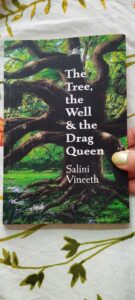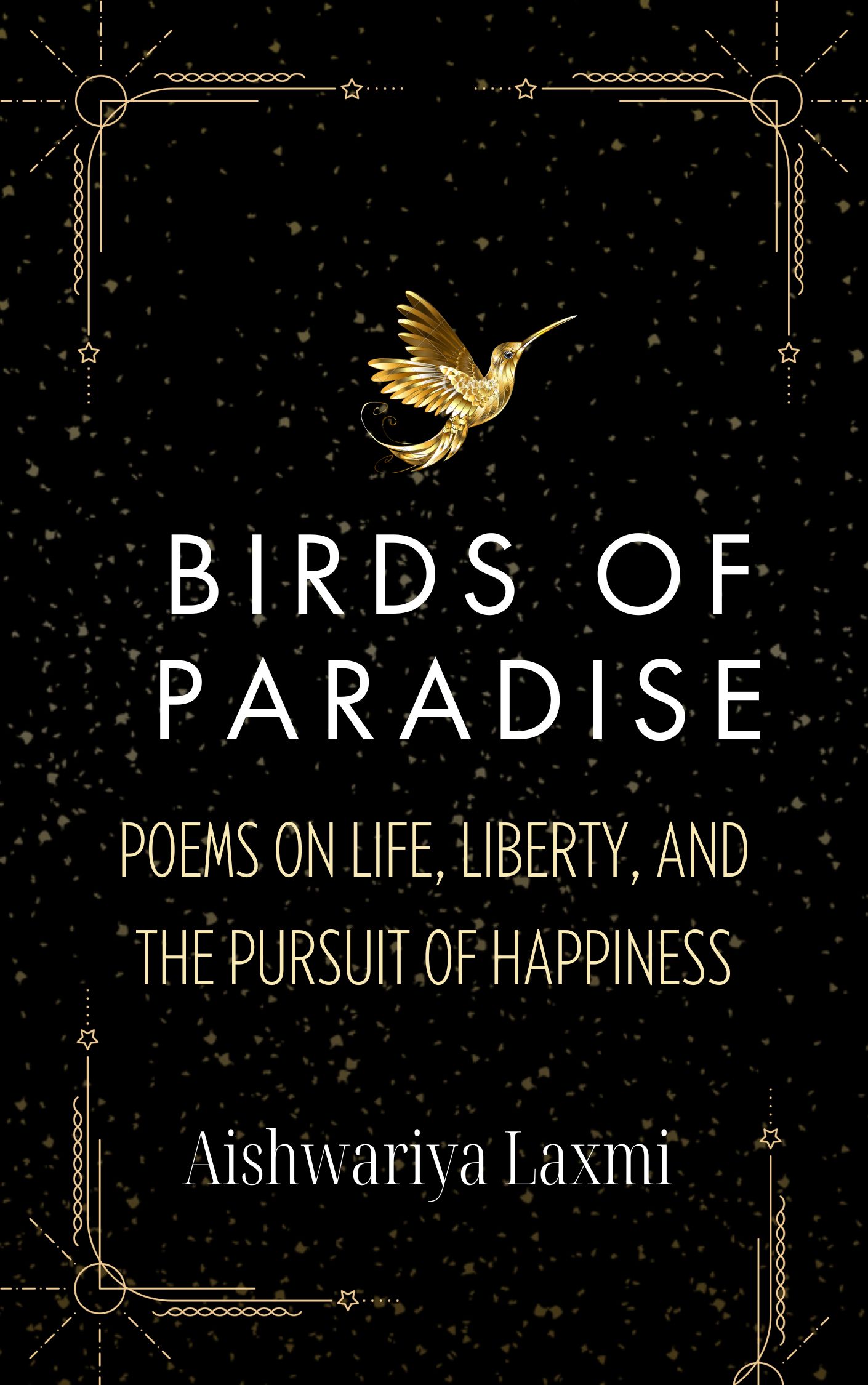The importance of good grammar has been underscored time and again by linguaphiles. How can you improve yours? What does it take to be a skilful editor?
A good command of the language is something you acquire quite naturally if you’ve been an avid reader. Constant exposure to the language, speaking it at home and with your friends, watching programs on television, listening to music, and watching movies—all definitely help you hone your skills in the language. But there’s more to it than that. You need to master the rules of grammar, starting from the parts of speech to rules of punctuation as outlined by style guides, such as The Microsoft Manual of Style for Technical Publications or The Chicago Manual of Style, for instance.
When you combine the ability to spot ‘something odd’ about a sentence with your knowledge of grammar, what you have is a workable solution to help you fix the sentence. Editing, in my opinion, can be as precise as a science, with very clear rules about what’s right and what’s not. But the beauty of language lies in its artistic appeal—the cadence of a well-written sentence can be lyrical. And this is not necessarily limited to novels, short stories, plays, or fiction.
A beautifully constructed sentence is a joy to read, even if it appears in business documentation or marketing collateral. In fact, a well-written brochure could persuade the reader into buying your product or solution, leading to better business outcomes for your company. What would definitely mar the impact of your brochure would be if it were riddled with grammatical errors, laced with faulty punctuation, and held together by only a string of facts.
A love for the language provides that spark, which when stoked, bursts into a consuming passion to write, edit, or otherwise ‘create’. If you are nodding enthusiastically as you read this, you know the (almost physical) pain you experience when you read a sentence that goes ‘He hung himself to death’ or ‘I have a news for you’. Makes you want to hang yourself! 🙂











